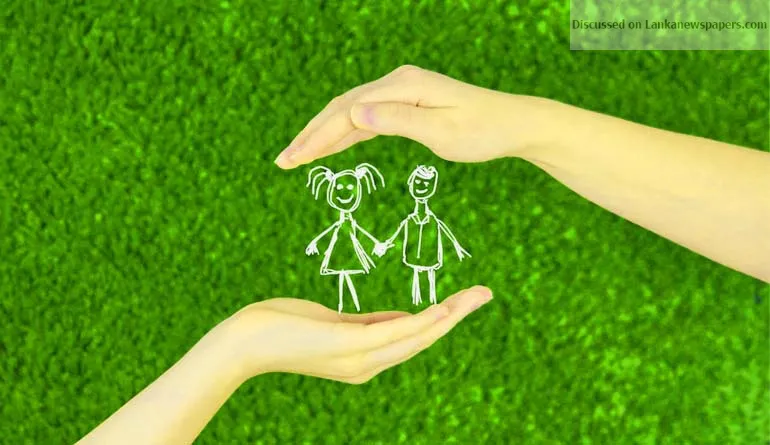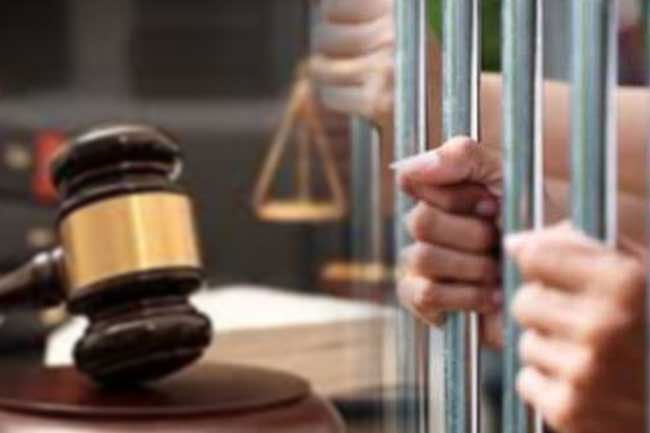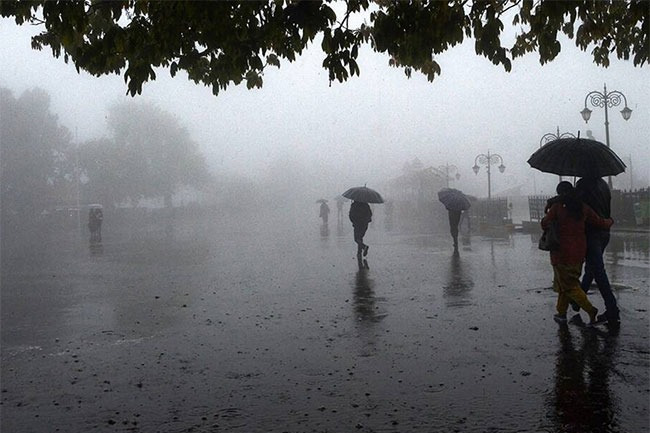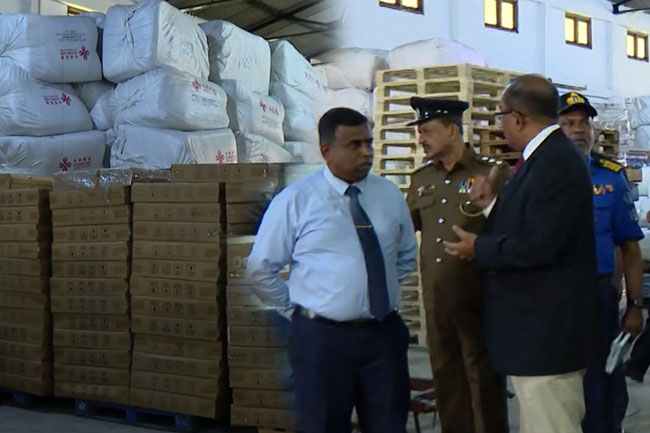
Finding out one’s child is a victim of sexual child abuse is a parent’s horrific nightmare. And finding out the sexual perpetrator is someone known by the family is devastating. "Research shows that the greatest risk to children doesn’t come from strangers, but from friends and family. People who abuse children look and act just like everyone else. In fact, they often go out of their way to appear trustworthy, seeking out settings where they can gain easy access to children, such as sports leagues, faith centers, clubs, and schools" according to the Darkness to Light organization, and 90 percent of abused children know their abuser. In one study, the 326 adolescent sexual assault victims experienced 462 separate cases of sexual assault. "In these cases, nearly three in four (74 percent) reported that the assault was committed by someone they knew well. Almost one-third of sexual assault cases (32.5 percent) involved perpetrators who were friends, and more than one-fifth (23.2 percent) were strangers. Another one-fifth (21.1 percent) were committed by a member of the youth’s family, including fathers or stepfathers, brothers or stepbrothers, sisters or stepsisters, grandparents, other adult relatives, and other child relatives." Visit www.ncjrs.gov/pdffiles1/nij/194972.pdf. Sexual Predators in the Family - Incest is a subject that makes people shiver and recoil. Around 30 percent of children are abused by family members. Incest victims grow up and "Incest is the single biggest commonality between drug and alcohol addiction, mental illness, teenage and adult prostitution, criminal activity, and eating disorders," according to a 2013 article in The Atlantic. Research shows that long-term psychological trauma is a result of incest. Judith Herman, author of the book, Father-Daughter Incest (published in 2000 by Harvard University Press) describes the long term effects of incest on an adult woman’s life. Sexual Predators Outside the Family - Around 60% of children are abused by people the family trusts. Perpetrators of child sexual abuse may be family acquaintances, neighbours, babysitters, trusted friends, school and sports coaches, school teachers, camp personnel, staff at any outside of school activity, church activities, or anywhere an adult has access to children. "Grooming" is the word used to describe how sexual abuse perpetrators gain trust of potential victims and their parents/caregivers. Grooming steps include: 1. Identifying and targeting the victim. 2. Gaining trust and access. 3. Playing a role in the child’s life. 4. Isolating the child. 5. Creating secrecy around the relationship. 6. Initiating sexual contact. 7. Controlling the abusive relationship with secrecy. Visit www.victimsofcrime.org/media/reporting-on-child-sexual-abuse/grooming-dynamic-of-csa. What Can Parents/Caregivers Do? Parents are not powerless when they learn and utilize prevention tools. Adult education is crucial in preventing child sexual abuse. The 5 Steps to Protecting Our Children, an introductory guide to help adults protect children from sexual abuse, can be found in detail at www.d2l.org/education/5-steps/. Step 1: Learn the facts. Step 2: Minimize the opportunity. Step 3: Talk about it. Step 4: Recognize the signs. Step 5: React responsibility. I encourage parents to go the above website and read about the steps. Resources: Darkness to Light, a non-profit organization dedicated to helping child victims of sexual abuse survivors, has a network of service providers and a toll free help line. Visit www.d2l.org/<http://www.d2l.org/>. Prevent Sexual Child Abuse America. Visit www.preventchildabuse.org/resource/preventing-child-sexual-abuse/<http://www.preventchildabuse.org/resource/preventing-child-sexual-abuse/>. Bob Ney asserts, "In my view, there is nothing more vicious and outrageous than the abuse, exploitation and harm of the most vulnerable members of our society, and I firmly believe that our nation’s laws and resources need to reflect the seriousness of these terrible crimes." I agree. (Melissa Martin, Ph.D., is a child therapist, behavioral health consultant, author, and a self-syndicated newspaper columnist. She lives in the U.S. www.melissamartinchildrensauthor.com<http://www.melissamartinchildrensauthor.com/>. )
Popular News






